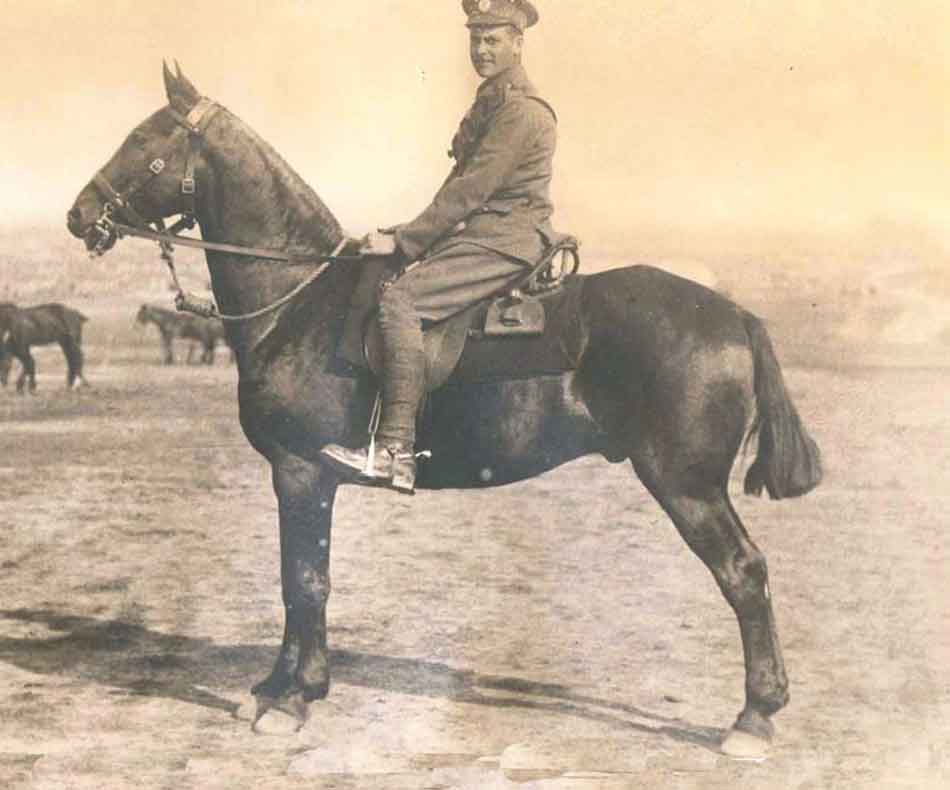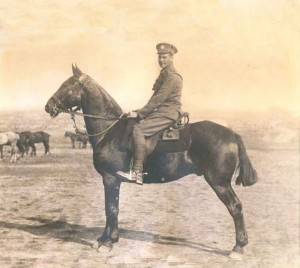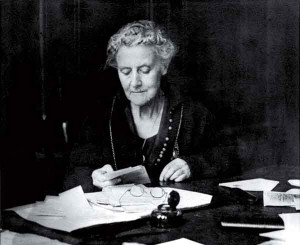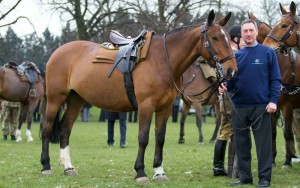
WW1 – the silver lining
World War One claimed the lives of several million horses, but in a twist of fate, it also helped to save many horses too. For in its aftermath, one very bold charity which was founded by a WW1 prisoner of war, sought to campaign against British horses’ needless and gruelling journeys to slaughter.
In time, this charity would also come to work tirelessly to rescue, rehabilitate and rehome horses for decades to come – including some very brave horses and ponies who still have useful jobs in the services today.
The role of the horse was crucial in conflict at the time of the First World War. Horses, mules and even donkeys were used in cavalry fights, in reconnaissance missions, and largely to carry ammunition and supplies as well as the injured from the battlefield – thus why horse fodder was the single largest commodity shipped to the front by some countries.
However, horses, like the rest of society, were facing a very different landscape at the end of the war. Mechanisation started to take over and cars and tractors rolled off production lines – horses were becoming jobless and many were destined for the slaughter house.
Even before the war, one incredible campaigner, Ada Cole, had witnessed work-worn horses shuffling off of a cargo boat only to be whipped four miles to slaughter. She did not object to horse slaughter, but she objected vociferously to their cruel treatment on the way.
Having seen this unnecessary cruelty, the unjust brutality of the exportation of live horses from Britain for slaughter was to consume Ada Cole for many years.
Ada’s efforts in raising public awareness of the need for better welfare at slaughter came to fruition in 1914 – when war first broke out. An Act of Parliament amended a 1898 Government Order and prohibited the export of horses unless a veterinary inspector certified the animals ‘to be capable of being conveyed and disembarked without cruelty’. It also stated that every vessel carrying horses should carry a proper humane killer. But there was still much to do.
At the end of war, she returned to Britain to set up a charity based on campaigning against the long distance transport of live horses to slaughter; it was to eventually be known as World Horse Welfare.
Born just outside of Thetford in Norfolk, Ada was bound for a career in care. It was while working as a nurse with the allied and German wounded towards the end of WW1 that she was arrested for helping allied prisoners escape. She spent three months in a German prison under sentence of death and it was only the armistice that saved her. In January 1919, Ada Cole returned to her home town, aged 58, to pick up from where she left off.
In Ada’s absence, not only had the 1914 Act remained unenforced, but it had failed to be enacted owing to the ban on all horse exports at the outbreak of war.
She was enraged, not by the consumption of horse meat, but by the cruel treatment of so many horses at the end of their lives.
Millions of horses suffered severely during WW1, and afterwards, but Ada Cole remembered Britain’s duty to the horse and so founded the charity that was to make big waves in equine legislation for years to come.
In 1927, the International League Against the Export of Horses for Butchery was founded by Ada and later renamed as the International League for the Protection of Horses. Today the war-halted charity is known as World Horse Welfare.
Roly Owers, chief executive of World Horse Welfare says: “Remembering the outbreak of WW1 is so important but is so sad. It was the beginning of four years of hell for all involved, especially for the troops and the many horses who stood so willingly by their side.
“Horses continue to play a role in army services but are also relied upon in so many different ways today – the legacy of our war horse heroes still lives on in many of them. World Horse Welfare is proud that over the years some of our rescued, rehabilitated and rehomed horses have in the past, or still are serving in the forces.”
One of the more famous horses which the charity cared for is Copenhagen. The gelding was injured during the notorious 1982 IRA attack in Hyde Park on the men and horses of the Queen’s Life Guard. Copenhagen suffered serious injuries but survived the blast and eventually returned to his duties before finding a home at one of the charity’s four rescue and rehoming centres in the UK, Hall Farm in Norfolk.
Another of the charity’s rescue cases, Digger, an 18hh Clydesdale, practiced as a drum horse in the Household Cavalry Mounted Regiment where he took part in preparations for Prince William and Kate Middleton’s royal wedding.
Penny, an Irish Draught mare who was found extremely underweight and covered in lice, was rehabilitated by World Horse Welfare and rehomed by the King’s Troop Royal Artillery – here she served for 12 years before her retirement and subsequent rehoming to one of the troops there. Penny took part in many high-profile ceremonial parades, including the Queen Mother’s funeral.
Once severely injured, Polly was another horse lucky enough to benefit from the charity’s care. Very well accustomed to trauma herself, Polly now helps servicemen to recover from their physical and mental battle scars.
Today, formal battle-ready horse cavalry units have almost disappeared, although horses are still seen in use by organised armed fighters in developing countries. Many nations still maintain small units of mounted riders for patrol and reconnaissance, and military horse units are also used for ceremonial and educational purposes.
Horses are also used for historical re-enactment of battles, law enforcement, and in equestrian competitions derived from the riding and training skills once used by the military.
“It suffices to say, that horses should be valued just as much today as they ever were,” says Roly.
“Our noble equine steeds will continue to support humans not just here in the UK as the driving force behind many modern-day activities, but in the developing world too where they are relied upon by many families and whole communities for survival.
“World Horse Welfare remembers WW1 with a heavy heart, as we commemorate all those, both human and equine, who gave the ultimate sacrifice for their countries.”
About World Horse Welfare:
Visit our website here: www.worldhorsewelfare.org
World Horse Welfare (Registered charity no: 206658 and SC038384), is an international horse charity that improves the lives of horses in the UK and worldwide through education, campaigning and hands-on care of horses. Since we were founded in 1927, our whole approach has been practical, based on scientific evidence and our extensive experience, and focused on delivering lasting change across the full spectrum of the horse world.
In the UK our dedicated network of Field Officers investigate and resolve welfare problems, and we run four Rescue and Rehoming Centres where horses in need can receive specialist care, undergo rehabilitation and find loving new homes through our rehoming scheme – the largest of its kind in the UK. Our international training programmes alleviate the suffering of thousands of working horses by providing essential knowledge for horse owning communities in the developing world. We also work tirelessly to change legislation and attitudes to horse welfare through campaigns and education, including our founding campaign to end the suffering endured by the tens of thousands of horses transported long-distance across Europe to slaughter each year. We support the responsible use of horses in sport, and are independent welfare advisers to the Fédération Equestre Internationale (FEI) and British Horseracing Authority (BHA).



